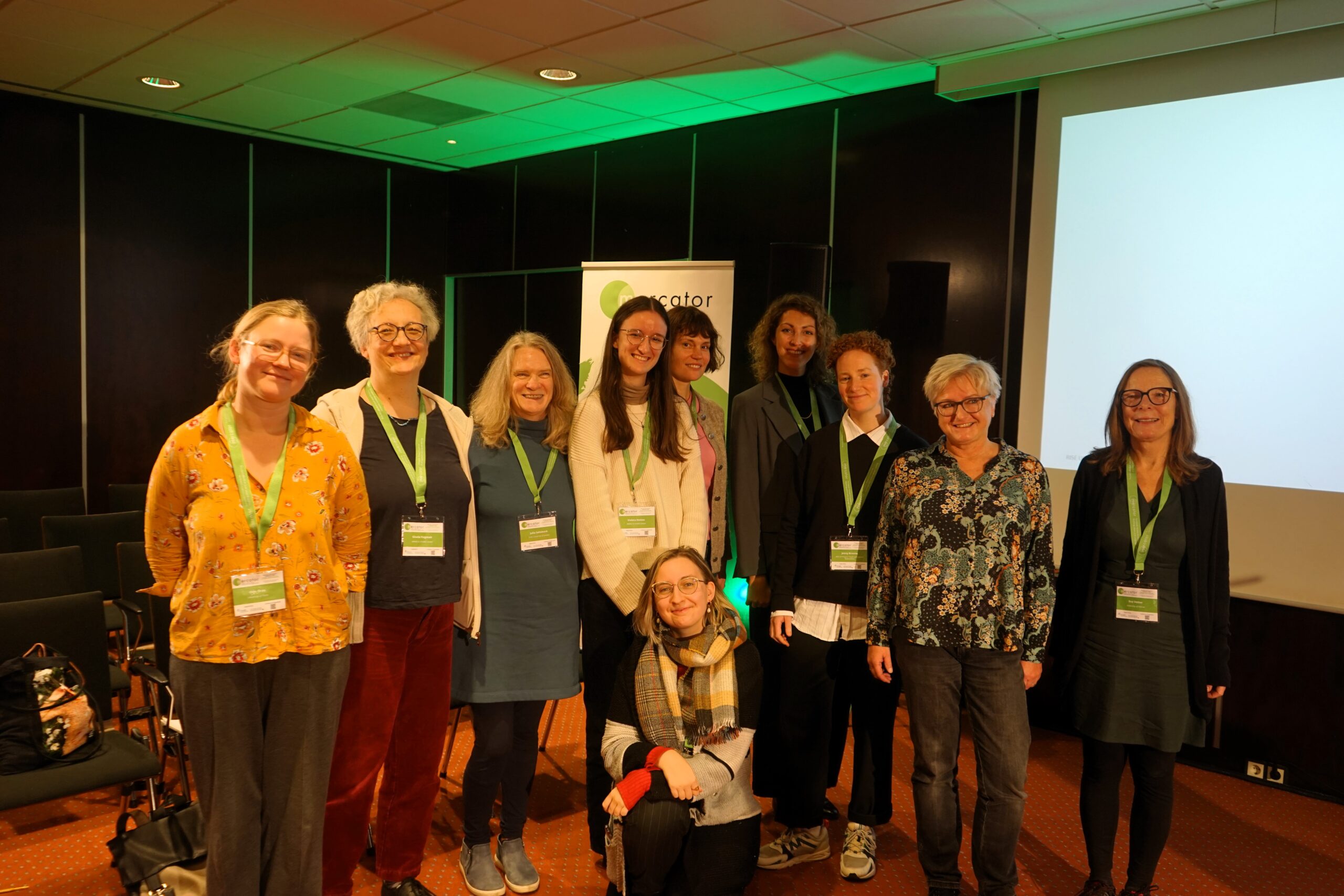
RISE UP at the Mercator International Conference in Leeuwarden
From 07.-08.11.2024, the Mercator European Research Centre on Multilingualism and Language Learning hosted an international conference on “Shaping Policy for Minority Languages and Multilingualism” in Leeuwarden, Netherlands. RISE UP participated in the conference and presented its mid-term results in a dedicated poster presentation and a symposium.
The conference aimed to provide a platform for discussions and presentations on work in policy development for multilingualism and minority languages in contexts such as home use and education. During the two days, researchers from Europe and beyond presented their work, shared insights, and participated in lively discussions on the topic.
Symposium: Key concepts in supporting minoritised languages being used in the context of the RISE UP project
The symposium held by RISE UP aimed to provide an overview about key concepts and guiding approaches used in the project, as well as first research results, especially looking at the RISE UP questionnaire. Next to theoretical components, presentations also showcased practical insights from the project’s 5 selected language communities (Aranese, Aromanian, Burgenland Croatian, Cornish, Seto) and stimulated highly relevant discussions. The symposium, chaired by Gisela Hagmair, consisted of three talks:
- Language ecology (Julia Sallabank, Eva Duran Eppler, Kingsley Ugwuanyi)
- Broadening Notions of Legitimate Speakerhood: New Speakers Framework (Maarja Veisson, Ode Oras)
- Suggesting a usage-based approach to learning minoritised languages: Considerations regarding language policies and their implementation in the RISE UP digital toolkit (Eva Vetter, Stefanie Cajka)
You can find the slides of the presentations here:
Poster: RISE UP – Horizon Europe Projects as Platforms and Catalysts for Policy Recommendations
In addition to the symposium, RISE UP also displayed a poster, presenting its approach as well as mid-term results and first recommendations. The poster outlined how the project’s transdisciplinarity and internationality play together to feed into the policy cycle. It furthermore included a set of first findings from the work with its five selected minoritised language communities, and displayed related recommendations.
You can have a look at the poster here:


